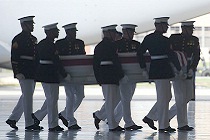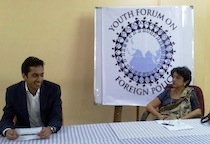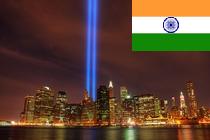Whither Libya!
India should continue to assist Libya in its journey towards becoming a fully functional democracy. The two nations, which share deep historical ties, can come together on key issues and build a relationship of mutual faith and benefit











